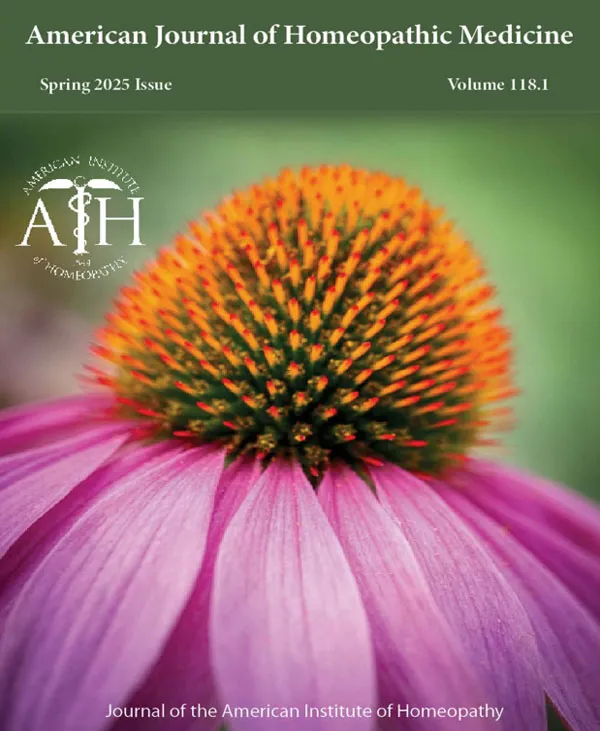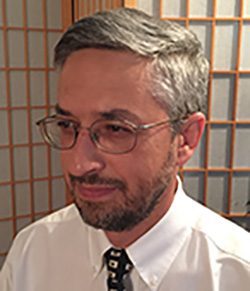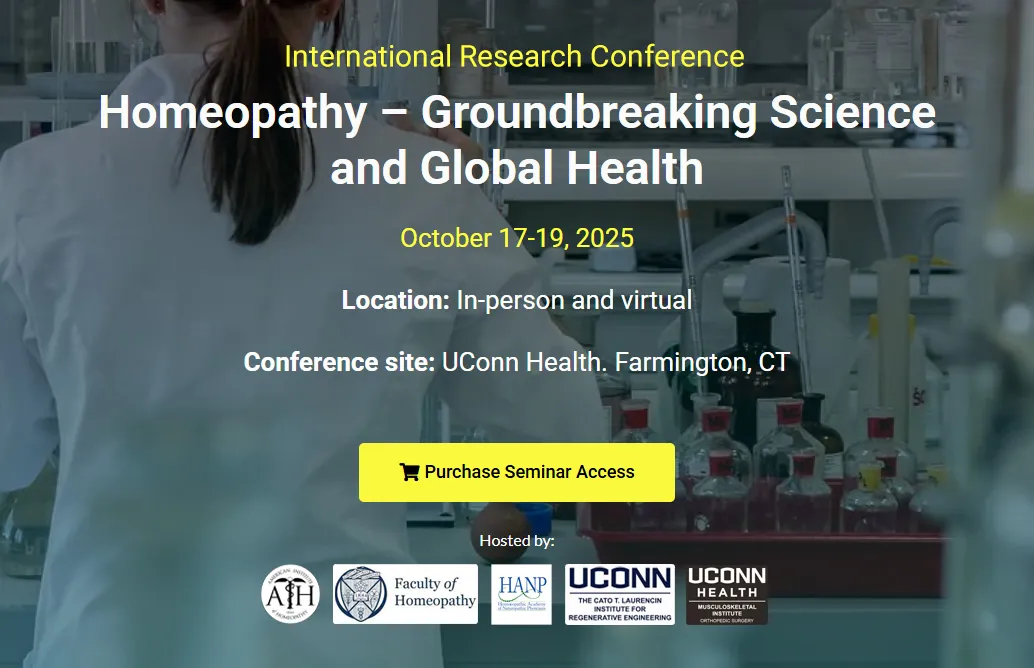
Editorial: Sources of Inspiration
“Every time when I reminisce about the past, the figure of the deceased Dersu Uzala rises up before my mind’s eye; he was a Goeldi [Nanai] from the upper Ussuri region [of East Asia]. My heart then aches from anguish, whenever I remember him and our shared wandering life.” [Editor’s translation from the original Russian.]
– Arsenyev, VK. Across the Ussuri Region. (Dersu Uzala). Travels in the Sikhote-Alin Mountains. Vladivostok. Typography-Echo, Chinese, 7. 1917. p. II. Preface.
“God, the Preserver of mankind, reveals his wisdom and goodness in the cure of sickness afflicting humanity by clearly showing the physician what he needs to remove in diseases in order to annihilate them and restore health …. The agreement of my own observations of pure medicinal effects with these earlier observations … easily convinces us that medicinal substances pathologically alter healthy human bodies according to definite, eternal, natural laws and that by virtue of these laws each substance can produce those specific, fixed, reliable disease symptoms that are characteristic of it.”
– Hahnemann, S. Organon of Medicine. Transl. Jost Kunzli, Alain Naude, and Peter Pendleton. Cooper Publishing. Blaine, Washington. 1982. p. 22, Aphorism 17 b. and p. 102 Aphorism 111.
Dear Reader,
Welcome to the summer issue of AJHM!
The heroic and compassionate figure of Dersu Uzala, as depicted in the 1975 movie by that title directed by Akira Kurasawa, reminded me of the founder of homeopathy, Samuel Hahnemann. We can imagine the hardship and the tribulations of Hahnemann after having the audacity to challenge the prevailing medical system of the time, having to leave one town after another, staying in Göttingen after his carriage met with a serious accident injuring himself and his family, the vicious attacks of the Apothecaries of Leipsic, leaving and moving to Köthen where he was finally free to practice as he saw fit before his final move to Paris upon remarrying. It is a wonder that during this period, Hahnemann was able to carry on his medicinal provings, starting a prover’s Union in 1814, continuing his writings for the journals, his numerous letters to colleagues and enemies defending himself, and of course finishing his fundamental works, the Organon of Medicine, Chronic Diseases and Materia Medica Pura. (Hahnemann uses old school sources in his materia medica, which will be highlighted in the upcoming AIH Conference this year.) Even before homeopathy, in 1781, early on as a physician, Hahnemann was open to new experience, “One woman suggested, after his treatment proved unsuccessful, placing the child twice a day in a warm half-bath. Hahnemann writes: The attacks diminished visibly, and in a few days, she was completely free, which she still is after a whole year. Where then is our theory? I should have sooner ordered a cold bath in chorea—I do not know what to say in this case, but quanta sunt quae nescimus ! (How much there is that we do not know!)” 1
Thus, we can undoubtedly state that this basically decent man, the founder of homeopathy, possessed in abundance the qualities of courage (aude sapere), humility, compassion, clinical acumen, and, of course, moral and intellectual brilliance. He was a meticulous and indefatigable researcher; for instance, constantly pushing the limit of the potency used and its administration.2 (See Organon of Medicine, Aphorism 270) In the current challenging climate for homeopathy, we would do well to reflect and be inspired by the character and accomplishments of our founder and continue the good work that he started so long ago without which the health and welfare of so many people in the world would have been far worse off. Let us seek to inspire a new generation of homeopathic practitioners with the best tools at our disposal and never forget the legacy that proceeded from Hahnemann to C. Hering and on to the golden age of homeopathy in the US that will surely come again when the time is ripe.
We only need to keep the flame going …
Please register for the upcoming AIH Conference on September 20th, which will certainly inspire all of us to look to the immortal Hahnemann for answers to our daily practice conundrums.
 Respectfully yours,
Respectfully yours,
Alex Bekker, MD, ABIHM, FAIS
Editor, AJHM
Secretary, Board of Directors, AIH
References:
- Haehl, R, MD. Samuel Hahnemann, His Life and Work. transl. Marie L. Wheeler. Ed. JH Clarke and FJ Wheeler. London. Homeopathic Publishing Company. p. 15.
- Ibid. p. 253.
About the AJHM
The American Journal of Homeopathic Medicine (AJHM) is a peer-reviewed scientific journal, specifically intended to meet the needs of physicians involved in the specialty of homeopathy. The editor invites original manuscripts, feature articles, research reports, 'Homeopathic Grand Rounds' cases studies, abbreviated case reports for 'Clinical Snapshots,' seminar reports, and position papers that focus on homeopathy, as well as book reviews and letters to the editor. Click below to subscribe to the Journal.
Latest Issue of the AJHM

AJHM – Spring 2025
Volume 118 Number 1
Table of Contents
- Editorial: In this issue
- President’s Message: Our Guiding Precepts
- Homeopathic PuZZle?
- Alchemy, Spagyrics, and Homeopathy: Tracing the Threads of Energetic Medicine
- The Genius of Fluoricum acidum: Part One
- An Interesting Case of Kola
- Book Review: ‘Lessons in Pure Homeopathy, From the Writings of Hahnemann’s Best Student and Medicine’s Most Successful Practitioner, Adolph Lippe, MD’ – Edited & Annotated by A. Saine, ND
- Book Review: ‘Folkways and Homoeopathy: Our Ancestral Secret of Healing’ by Shailendra Ramchandra Vaishampayan


